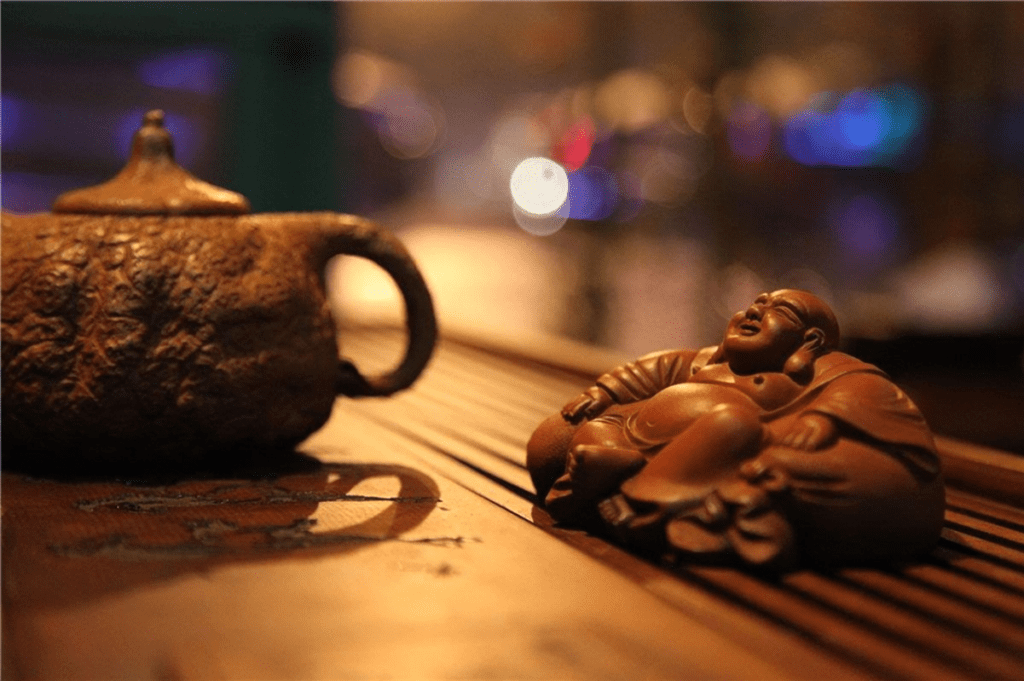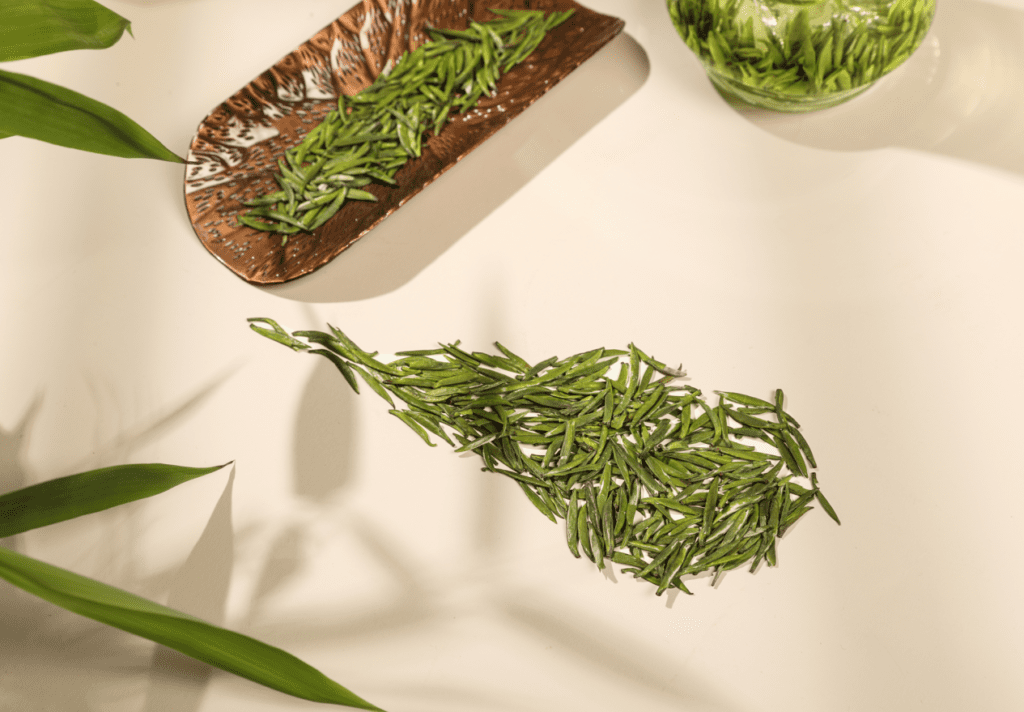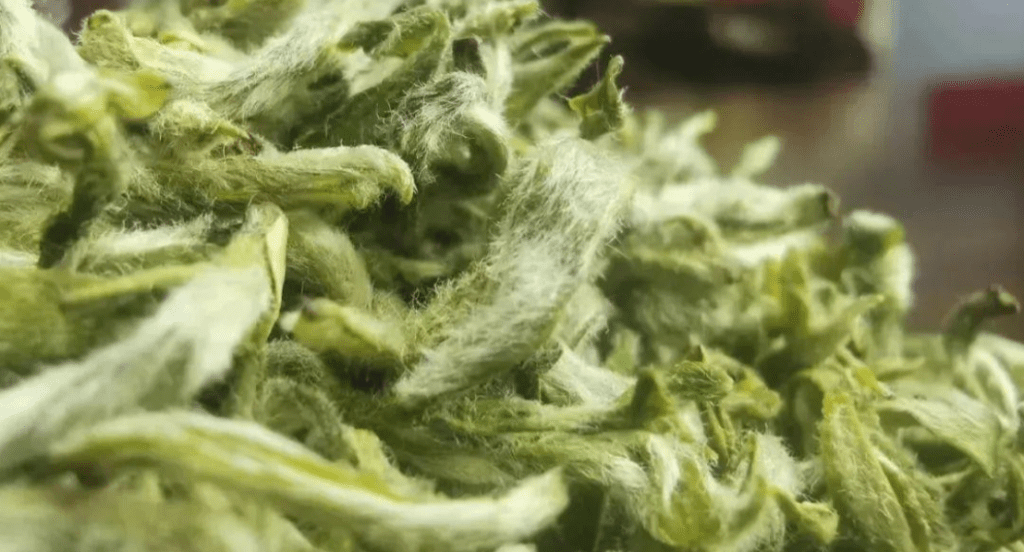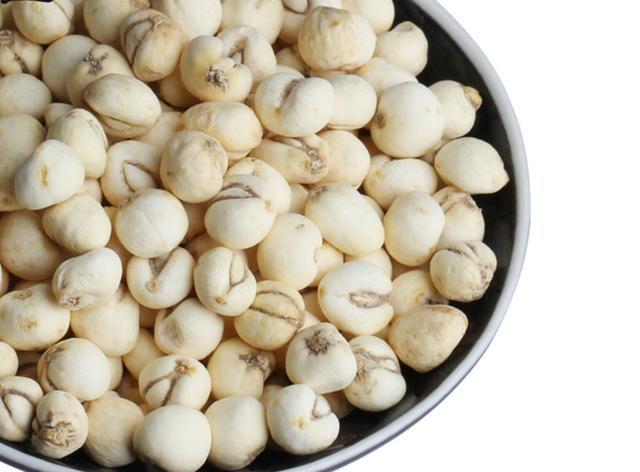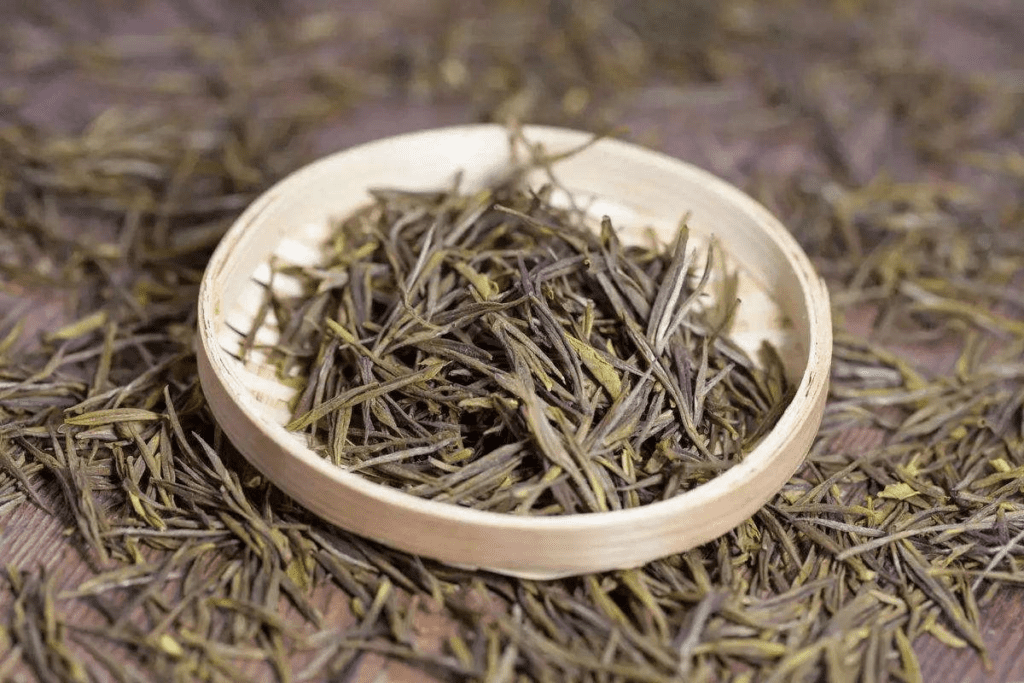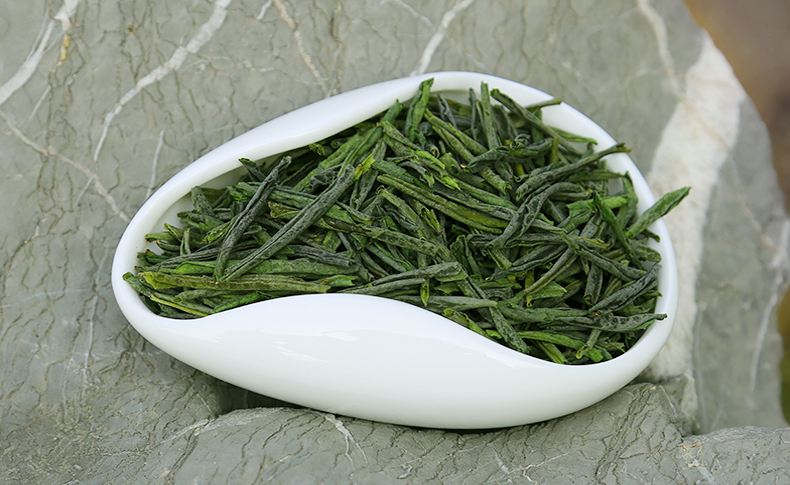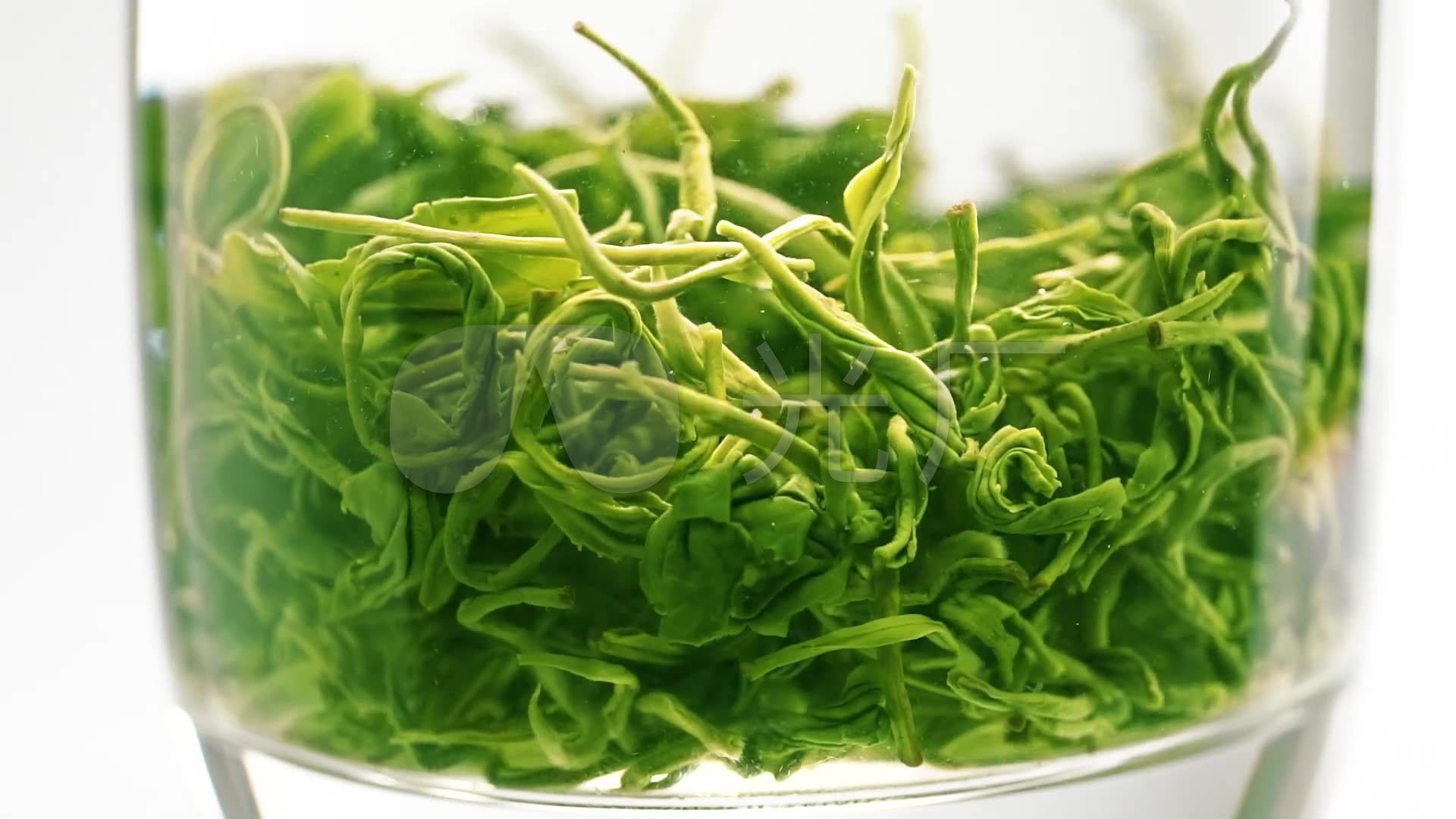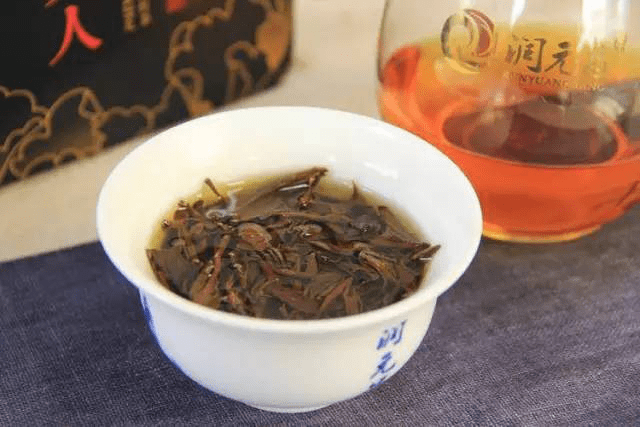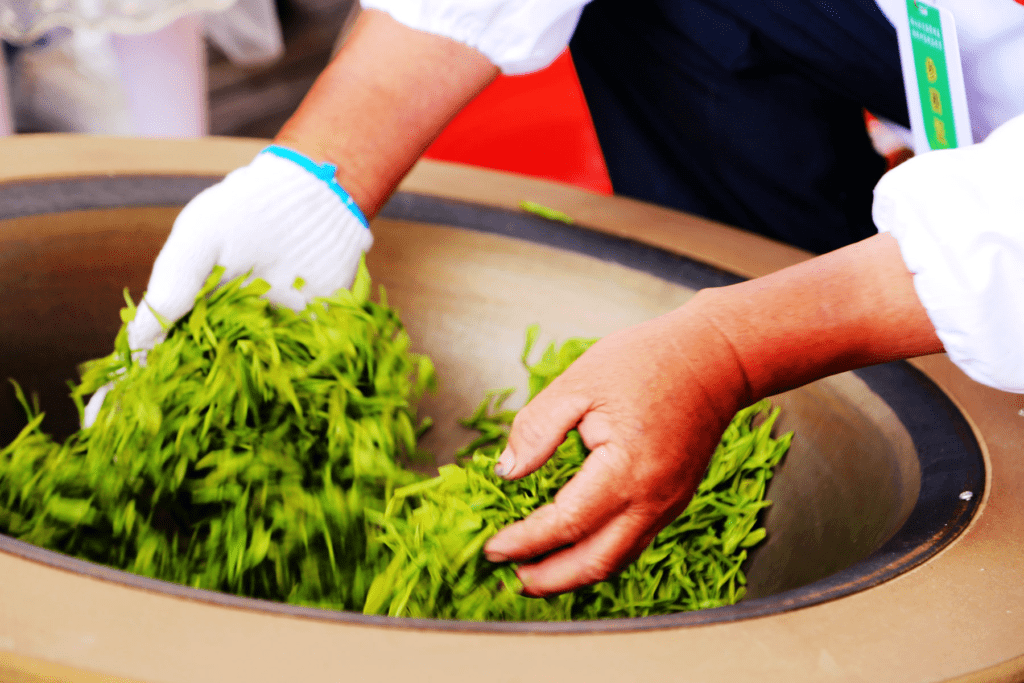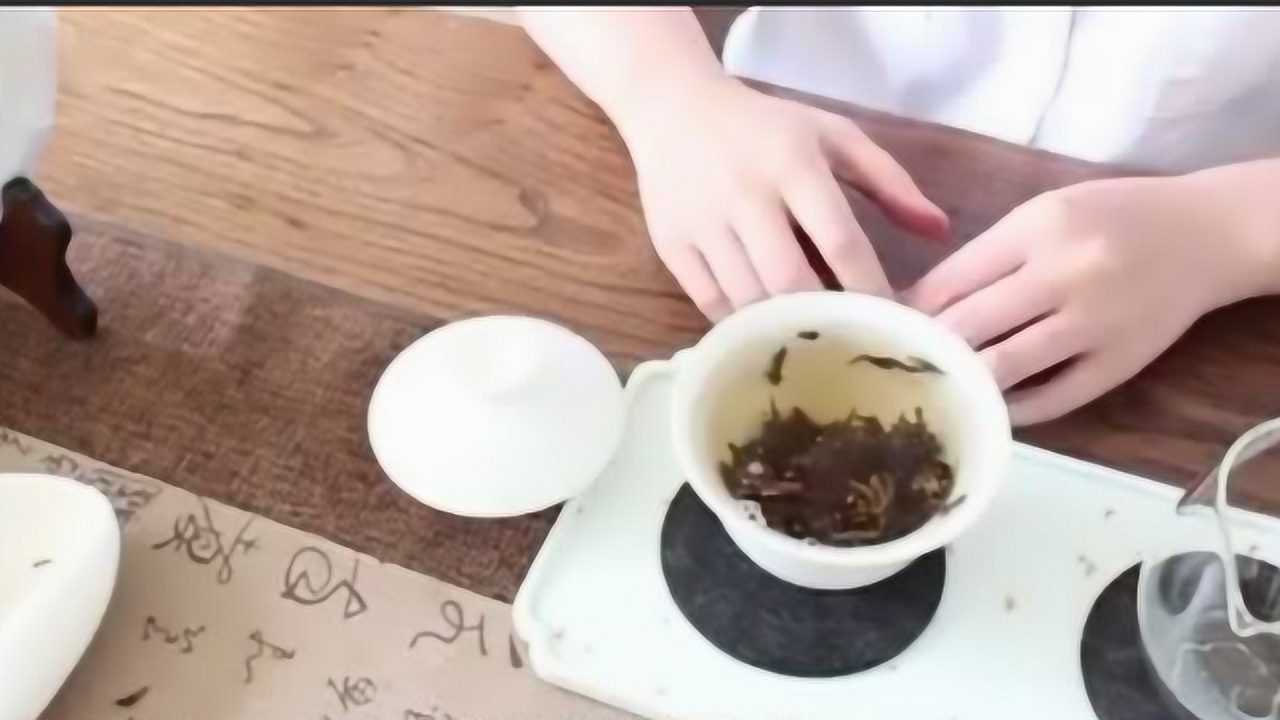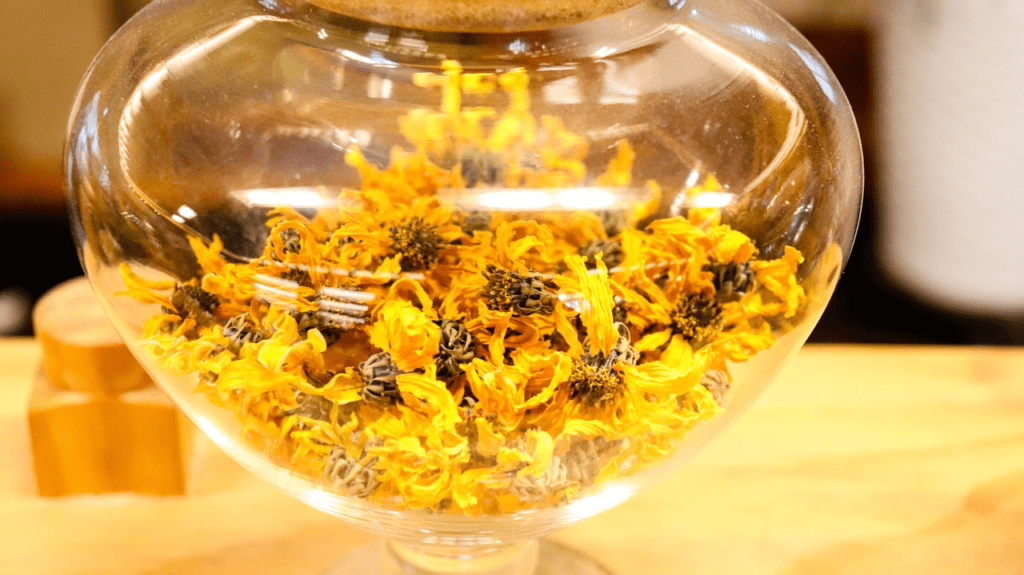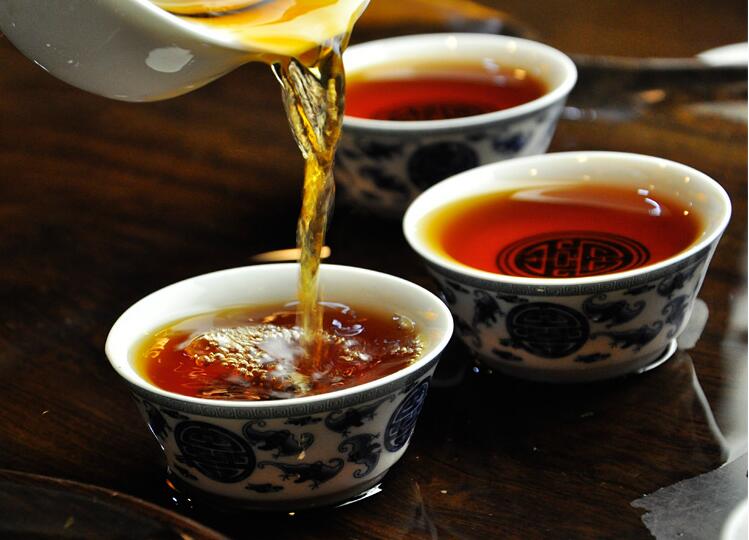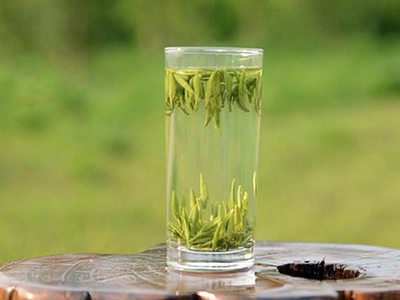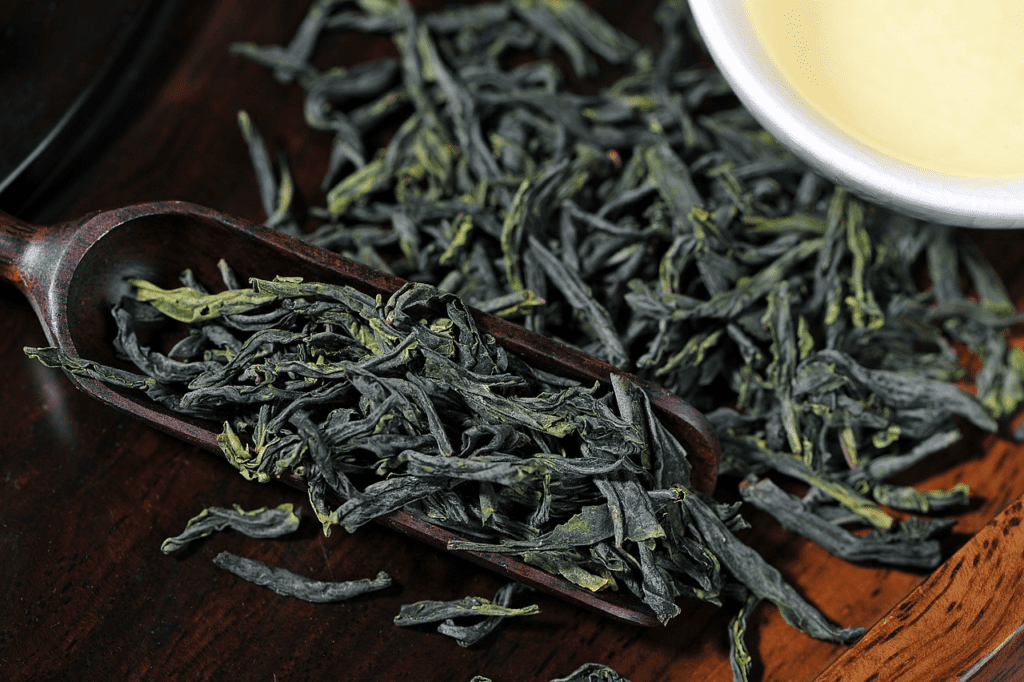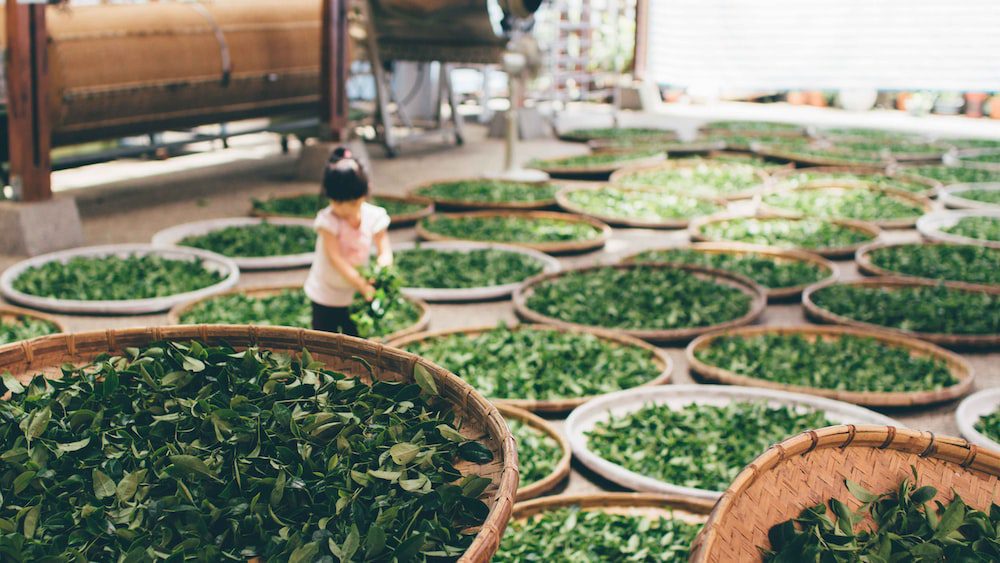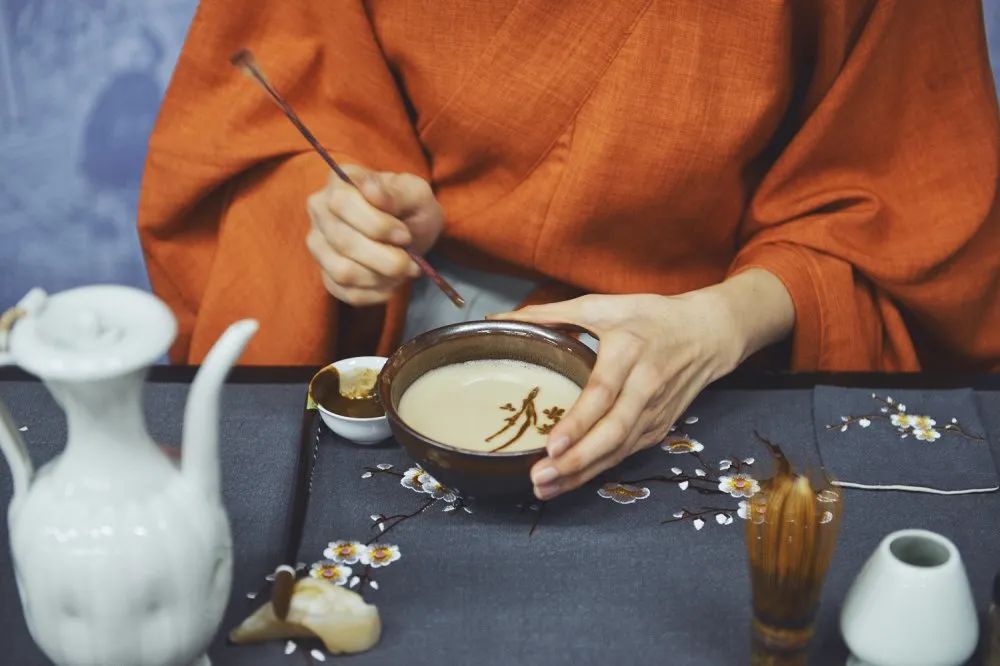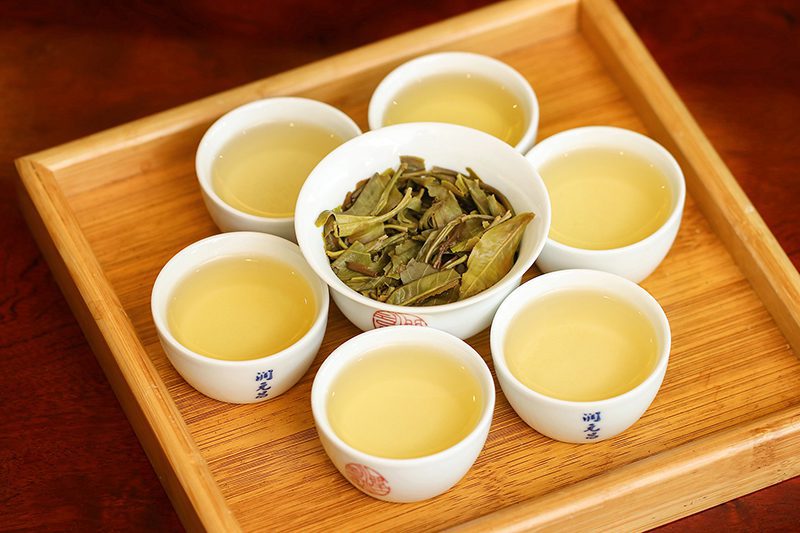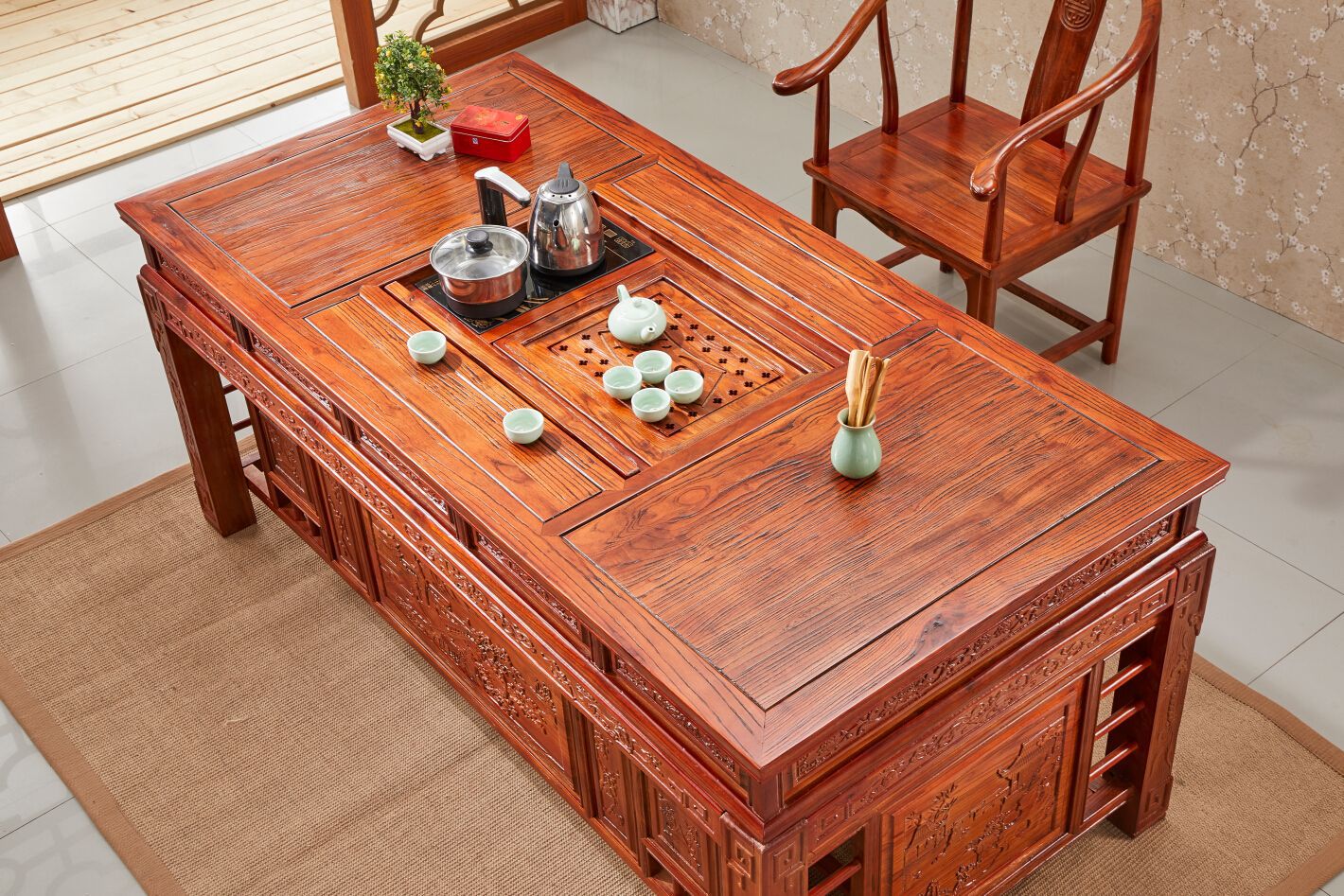White tea is loved for its fresh, delicate taste and rich antioxidant content. Knowing how to brew white tea properly will allow you to better enjoy this precious tea. In this article, we will introduce the brewing method of white tea in detail, including the knowledge of choosing tea utensils, controlling water temperature and steeping time.
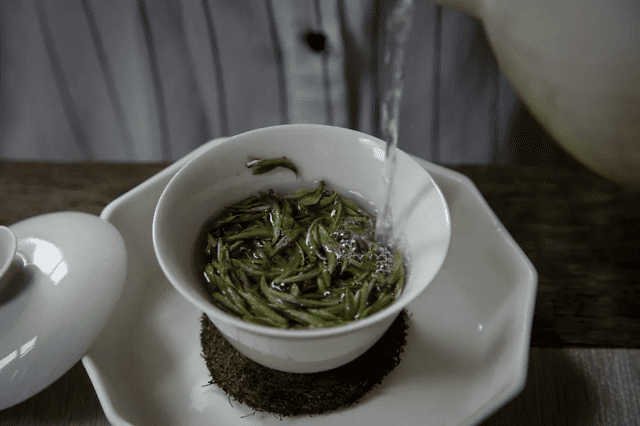
(Image source: Internet, deleted)
Understanding White Tea
White tea is made from the young buds and leaves of the tea tree, unfermented, and produced with only simple sun-drying and light kneading, preserving the natural form and nutrients of the tea leaves. Common types of white tea include White Hair Silver Needle, White Peony, Gong Mei and Shou Mei.
preliminary
Preparation before brewing white tea is very important, which directly affects the quality of the final tea broth. Here are some key steps:
Choosing the right water quality
Water quality has a great impact on the tea broth. Using fresh mountain spring water or filtered water is the best choice. If these are not available, at least avoid using chlorinated tap water as it will destroy the delicate flavor of the tea.
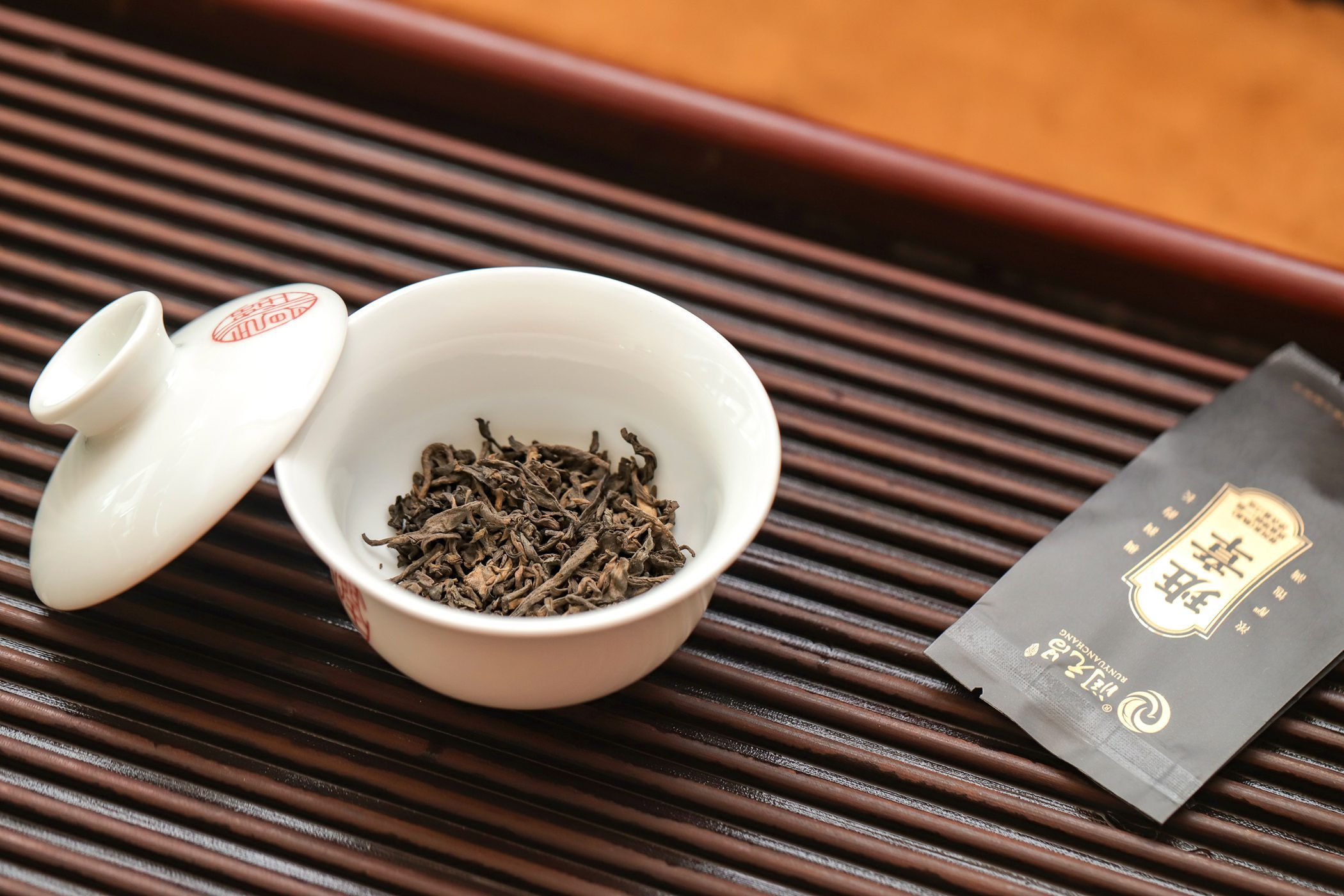
(Image source: Internet, deleted)
Choosing the right tea set
White tea is suitable to be brewed in glass tea sets or porcelain tea sets, these materials will not adsorb the aroma of the tea and can better show the color and aroma of the tea. Before using the tea set, it is recommended to rinse it with hot water to raise the temperature of the tea set.
Keeping track of the water temperature
White tea is not suitable for boiling water. Generally speaking, the best water temperature is between 80°C and 85°C. When using an electric kettle, cool the water slightly for a minute after it starts to bubble before pouring in the tea.
Specific brewing steps
Once you understand the preparation, let's go over the steps for brewing white tea.
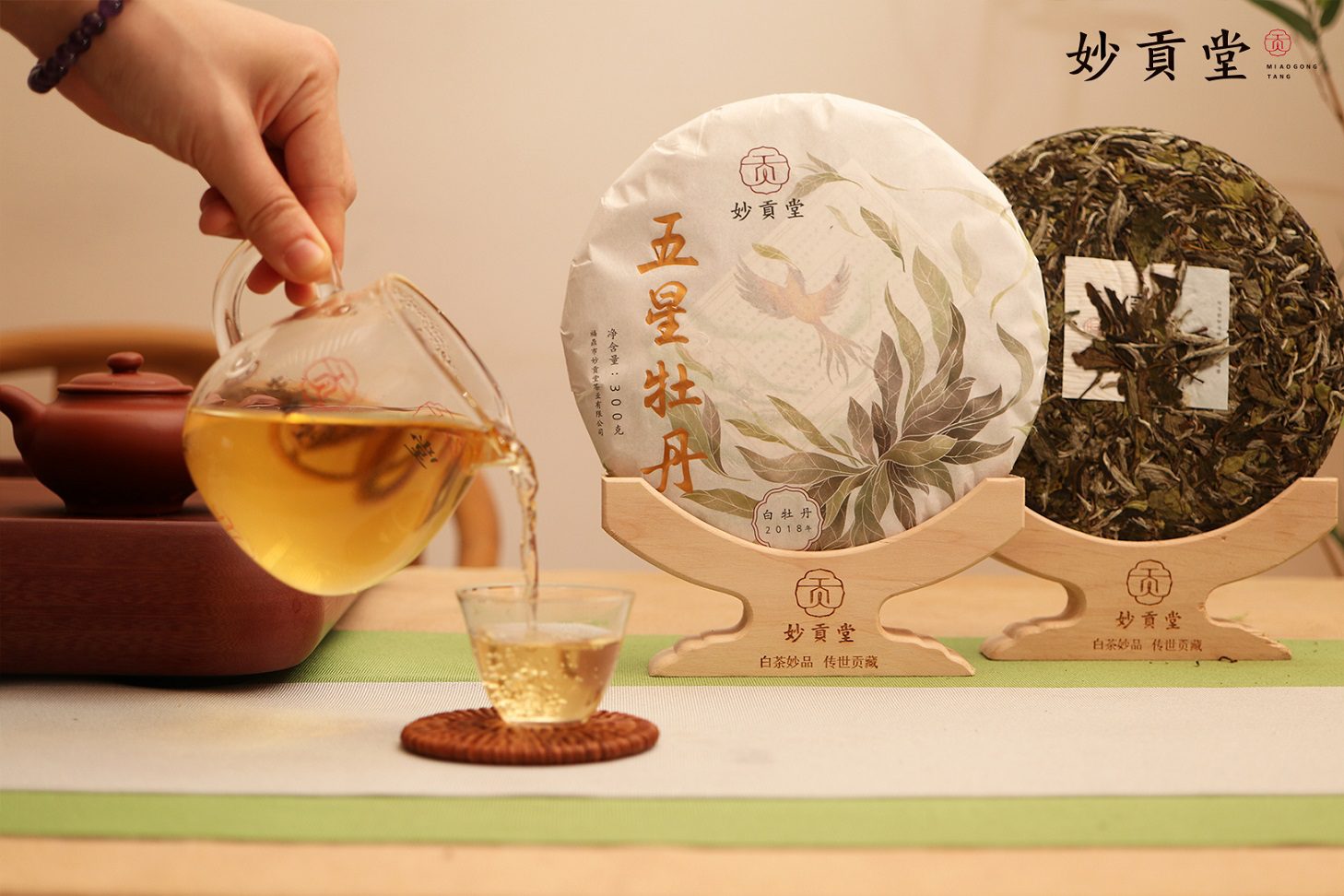
(Image source: Internet, deleted)
Step 1: Weigh the tea leaves
Take the right amount of tea leaves according to your personal taste and the size of your tea set. Usually 3 grams of white tea leaves are used for every 200 ml of water. White tea leaves are fluffy and it is recommended to use a tea scale to measure them.
Step 2: Warm Soak
Warm brewing involves steeping the tea leaves in a small amount of hot water (about 80°C) for a few seconds and then pouring it off quickly, which washes away any dust on the surface of the tea leaves while allowing them to stretch out.
Step 3: Formal brewing
Fill the tea set with hot water at a controlled temperature between 80°C and 85°C and steep for 3 to 5 minutes. If the time is too short, the tea will not have enough flavor; if the time is too long, it may cause the tea to be bitter and astringent. You can adjust the steeping time according to your personal taste.
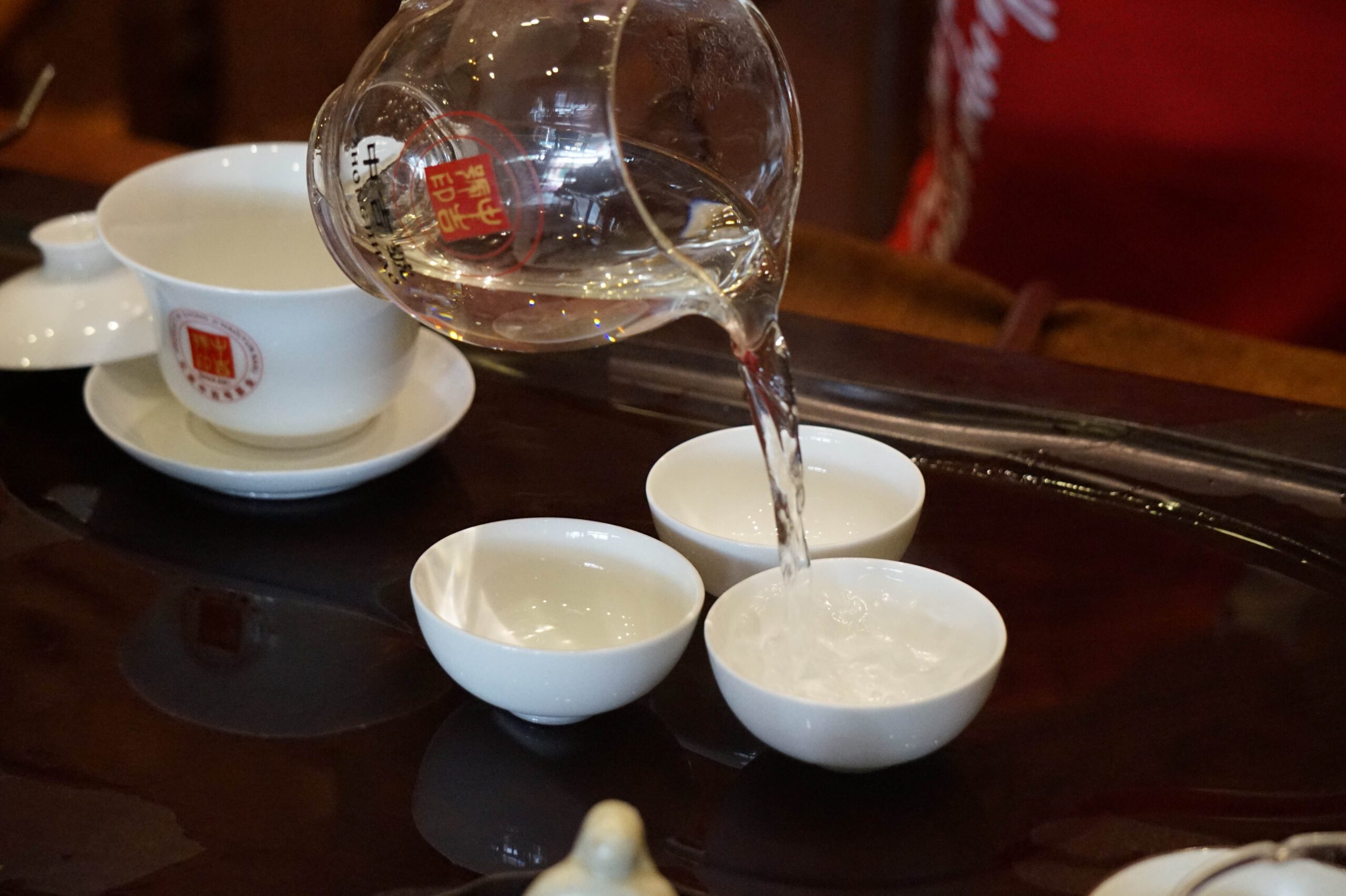
(Image source: Internet, deleted)
Enjoy the tea
The color of white tea broth is clear and bright, sweet and delicate in the mouth, with floral and fruity aroma. When you sip it, you can savor its unique layering and aftertaste.
Second brewing
White tea can be brewed several times, each time the brewing time can be extended by 1 to 2 minutes. On the second brewing, the tea flavor is usually softer and the aroma is still strong.
common problems
In the process of brewing white tea, you may encounter some common problems. Here are a few common problems and their solutions:
Why is tea bitter?
Bitterness of white tea may be caused by high water temperature or too long steeping time. Adjusting the water temperature to 80°C to 85°C and controlling the steeping time between 3 to 5 minutes can effectively avoid bitter tea.
How to choose quality white tea?
High-quality white tea has a neat shape, silver-white or yellow-white color, with obvious hairs. The tea broth is clear, the aroma is pure, and there is no miscellaneous flavor. When buying, you can choose a reputable tea store or a well-known brand.
summarize
Although the method of brewing white tea may seem simple, every detail affects the quality of the final tea broth. From choosing the water quality and tea utensils to controlling the water temperature and steeping time, every step needs to be carefully controlled. Through the introduction of this article, I hope you can master the brewing techniques of white tea and enjoy the wonderful experience brought by each cup of white tea.
